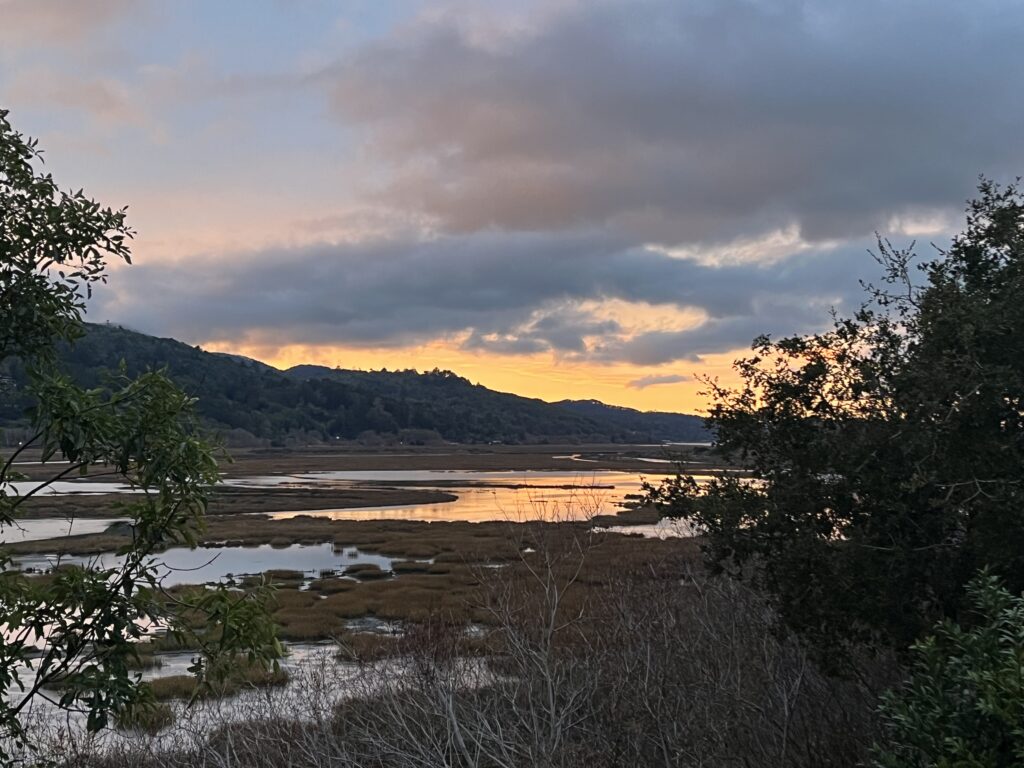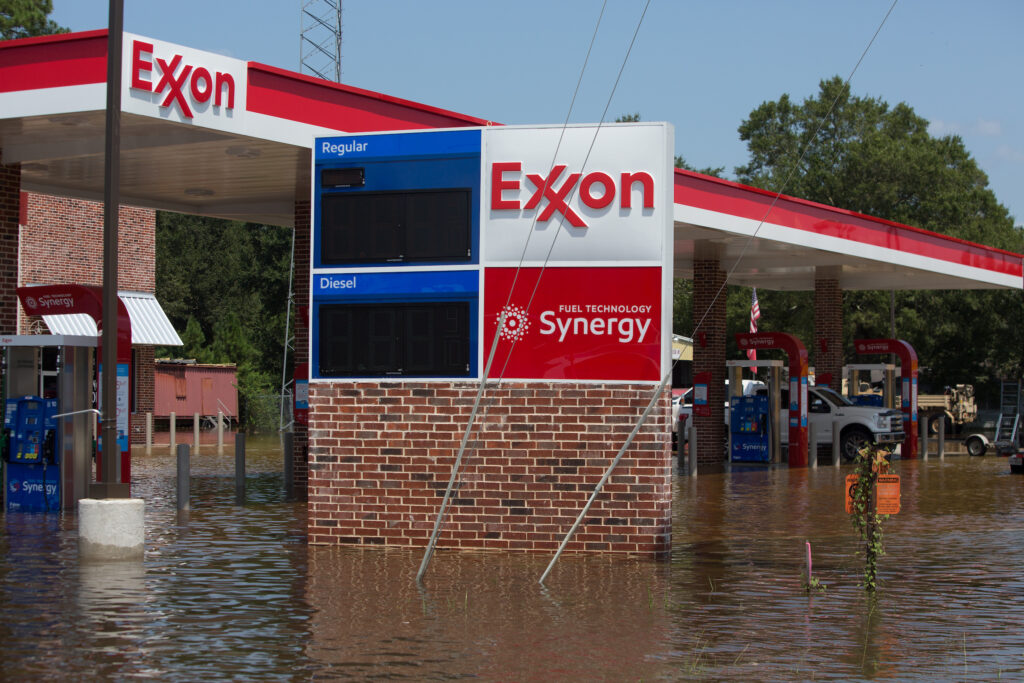As climate change brings more severe weather, forest advocates see timberlands as an invaluable buffer against floods and drought. Environmentalists and some lawmakers envision a time when clean watersheds and undeveloped spaces become increasingly valuable public commodities.
But the exploding human population – especially in western Washington – has led to fears that, as foresters continue to sell off huge parcels to developers, the entire timber industry may collapse.
“I tell everybody I’d rather see timberlands than a strip mall, even a clearcut, because at least it can come back,” said state Senator Ken Jacobsen. “We’ve got plenty of shopping malls, and we are losing 1 percent of the timber base every year.”
Subscribe to our newsletter
Stay up to date with DeSmog news and alerts






